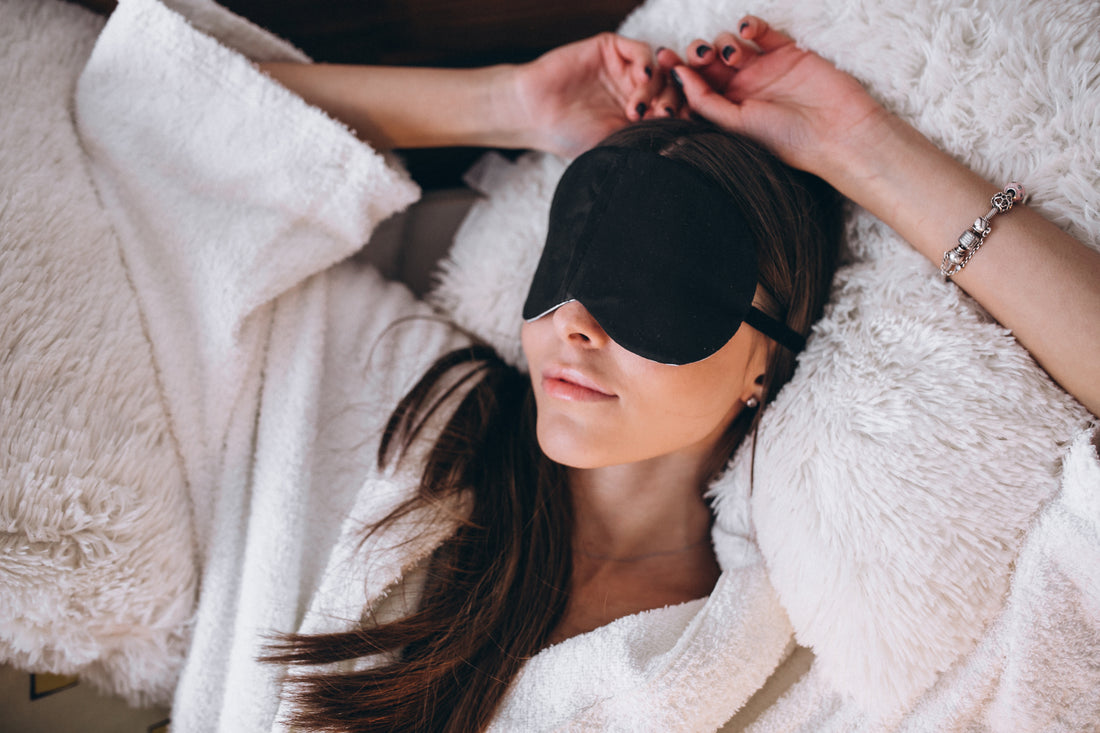
10 Tips to Help You Fall Asleep and Stay Asleep
Share
-
Establish a sleep routine: Develop a bedtime routine that involves going to bed and waking up at the same time every day, even on weekends. This helps regulate your body's natural sleep-wake cycle and promotes better sleep.
-
Create a relaxing sleep environment: Make sure your bedroom is cool, quiet, and comfortable. Use curtains or blinds to block out any light and reduce noise levels as much as possible.
-
Avoid stimulants: Avoid consuming caffeine, nicotine, and alcohol close to bedtime as they can interfere with your ability to fall asleep and stay asleep.
-
Limit screen time: Avoid using electronic devices, such as smartphones, tablets, and laptops, before bed. The blue light emitted by these devices can suppress the production of melatonin, making it harder to fall asleep.
-
Exercise regularly: Regular physical activity can help improve sleep quality, but make sure to exercise at least three hours before bedtime.
-
Relax before bed: Try relaxation techniques such as deep breathing, meditation, or yoga before going to bed to help calm your mind and body.
-
Watch what you eat: Avoid eating heavy meals or snacks before bedtime, but also avoid going to bed hungry. A light snack, such as a banana or a glass of warm milk, can help promote sleep.
-
Get comfortable: Invest in a comfortable mattress and pillows that support your body properly, and choose breathable sheets and blankets.
-
Seek professional help: If you have tried these tips and still have difficulty falling or staying asleep, consider seeking professional help from a sleep specialist.
-
Avoid clock-watching: Resist the urge to constantly check the time, as this can cause anxiety and make it harder to fall asleep. If necessary, remove any clocks from your bedroom.
By following these tips, you can create an environment and routine that will help you fall asleep and stay asleep, leading to a more restful and rejuvenating sleep.